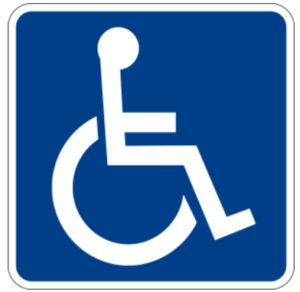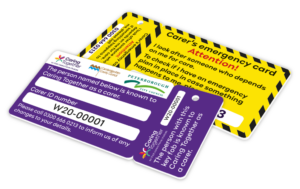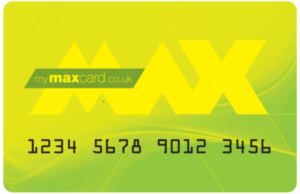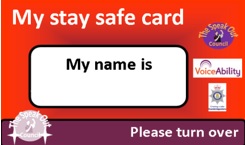Help with travel
Blue Badge Scheme
 A Blue Badge is a disabled parking permit. It helps people with disabilities or health conditions park closer to their destination. To qualify for a Blue Badge, you (or your child) must have an enduring and substantial disability. You will need to provide evidence of this. This can now include non-visible conditions like autism. To apply you will need to meet the criteria and provide evidence of the disability. More information can be found on the Local Authority website, where you can make an online application.
A Blue Badge is a disabled parking permit. It helps people with disabilities or health conditions park closer to their destination. To qualify for a Blue Badge, you (or your child) must have an enduring and substantial disability. You will need to provide evidence of this. This can now include non-visible conditions like autism. To apply you will need to meet the criteria and provide evidence of the disability. More information can be found on the Local Authority website, where you can make an online application.
You are eligible for the Blue Badge parking concession scheme if your child either:
- Receives the higher rate mobility component of Disability Living Allowance (DLA).
- Is aged two or above and has severe walking problems.
- Is under three and has a condition which means they either need to be accompanied by bulky equipment or kept near a vehicle at all times.
Disabled adults on Personal Independence Payments (PIP) also qualify for a Blue Badge if they score eight points or more under the PIP activity of ‘moving around’.
If your child doesn’t qualify for a blue badge automatically under the above rules, they may still qualify under the so called ‘assessed route’.
Cambridgeshire’s Blue Badge Scheme is run by Cambridgeshire County Council
Help getting a car and driving lessons
Mobility Scheme
The Motability Scheme helps disabled people hire a car or instead a scooter or powered wheelchair, and Scheme customers might qualify for a driving lessons grant.
You can join the Motability Scheme if your child is awarded the highest rate mobility component of Disability Living Allowance (DLA) or the enhanced rate of the mobility component of Personal Independence Payment (PIP). Your child’s award must have 12 months left to run.
Find out more by visiting the Mobility Scheme website.
East Anglian Driveability
An independent charity with Occupational Therapists and Approved Driving Instructors that specialises in enabling outdoor mobility fully accredited by Driving Mobility.
Find out more by visiting the East Anglian Drivability Website
Help with road tax
You can get a 100 per cent rebate on Vehicle Excise Duty if your child is awarded the DLA mobility component at the higher rate or PIP mobility component at the enhanced rate.
A 50 per cent rebate is made where someone qualifies for PIP mobility component at the standard rate.
For more details, call the DLA unit (0345 7123 456) or PIP unit (0800 917 2222) or visit the government’s website.
Help with bus travel
All local authorities operate schemes allowing disabled people of any age to apply for a bus pass or voucher for free bus travel. In some areas an essential, named carer accompanying the disabled person is also entitled to free travel.
You can find details of how to apply in Cambridgeshire here
Disabled Person’s Railcard
Buying this railcard entitles disabled people and a companion up to a third off most train fares. For further information visit the disabled person’s railcard website.
National Rail Passenger Assist
There is help for passengers who need extra assistance when travelling by train. Whether you need a hand with bags, help to find your connection or physical assistance to get on and off a train this team can help.
School transport
Cambridgeshire County Council can provide transport or help with the costs for eligible children and young people. You can find out more on their website


 A Blue Badge is a disabled parking permit. It helps people with disabilities or health conditions park closer to their destination. To qualify for a Blue Badge, you (or your child) must have an enduring and substantial disability. You will need to provide evidence of this. This can now include non-visible conditions like autism. To apply you will need to meet the criteria and provide evidence of the disability. More information can be found on the Local Authority website, where you can
A Blue Badge is a disabled parking permit. It helps people with disabilities or health conditions park closer to their destination. To qualify for a Blue Badge, you (or your child) must have an enduring and substantial disability. You will need to provide evidence of this. This can now include non-visible conditions like autism. To apply you will need to meet the criteria and provide evidence of the disability. More information can be found on the Local Authority website, where you can 
 Max Card
Max Card Apply for a safe place card
Apply for a safe place card